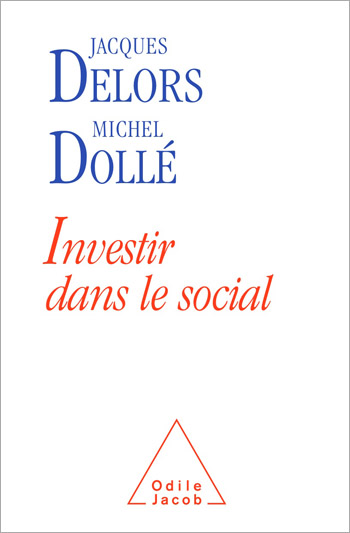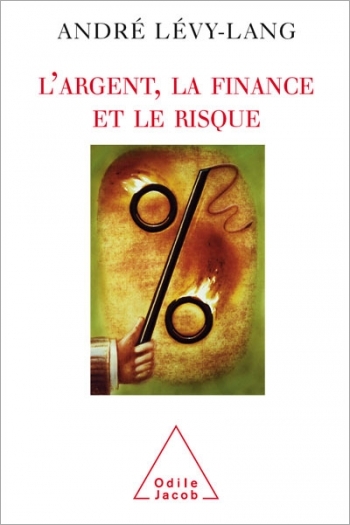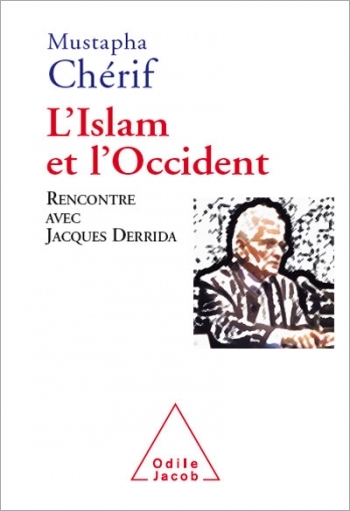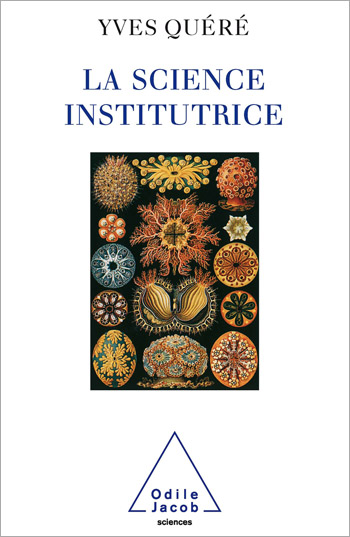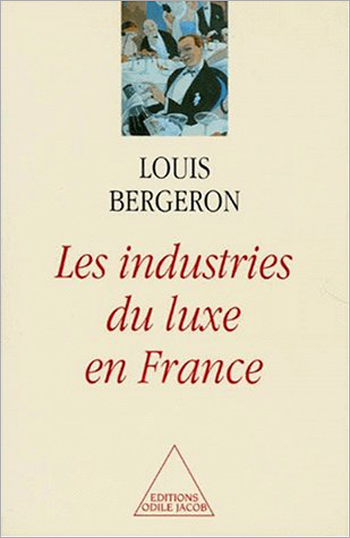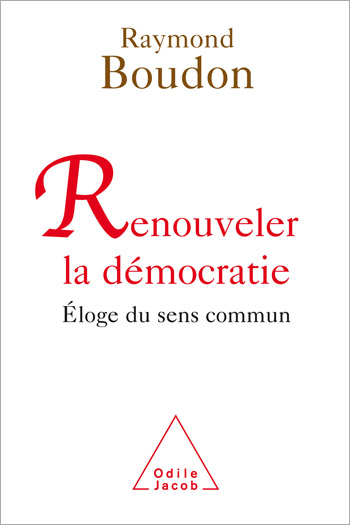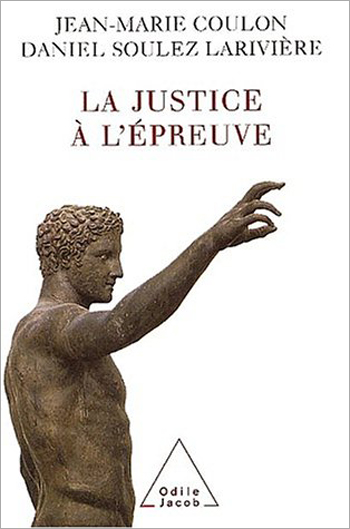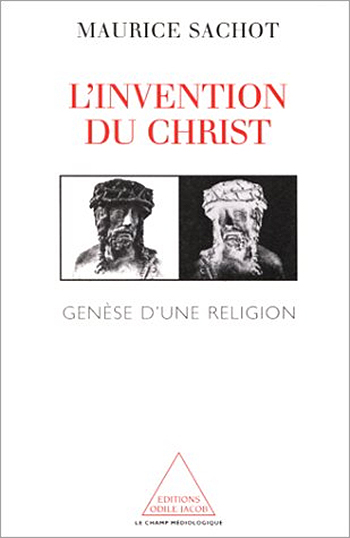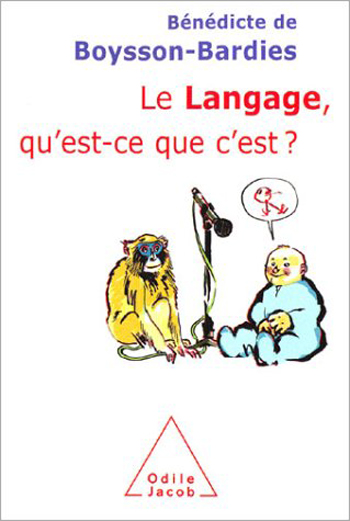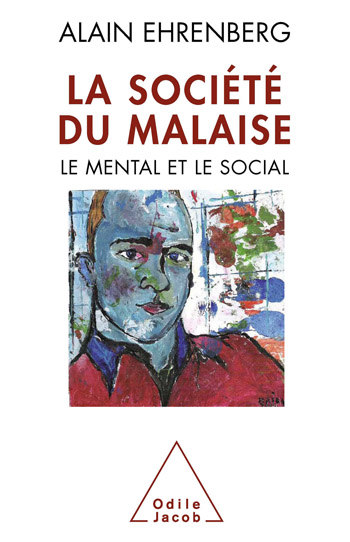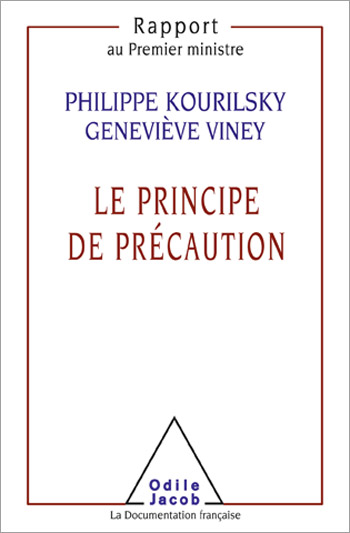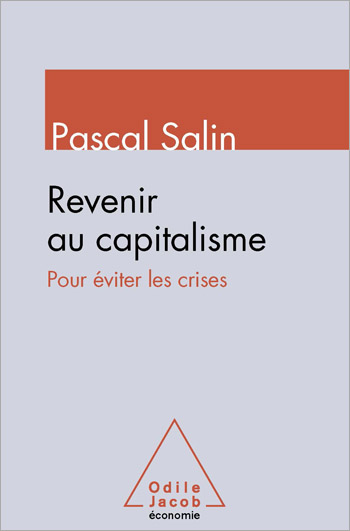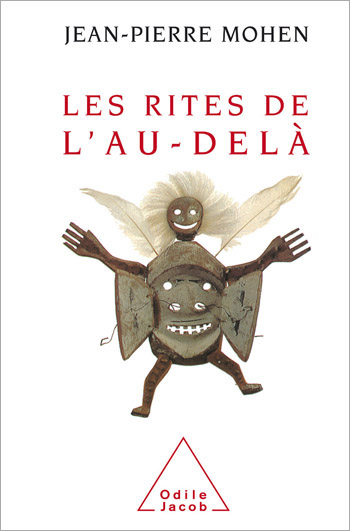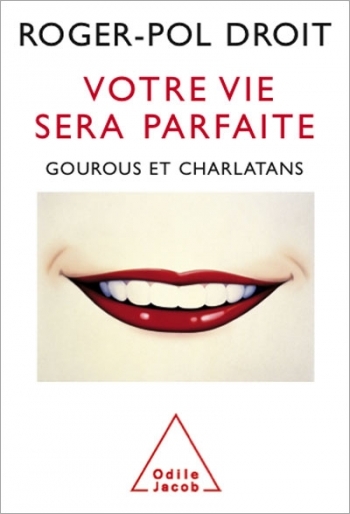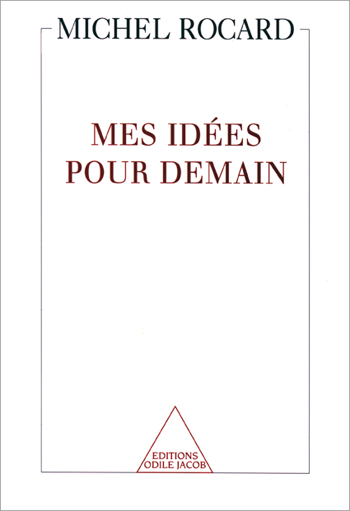Human Sciences All books
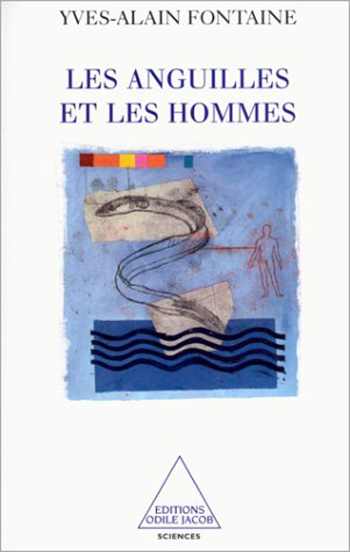
Yves-Alain Fontaine
Eels and Man
In this book, the author, an expert in his field, describes the most fascinating stages in the eels biological cycle, its migrations and the modifications it undergoes during its life. Eels interest us not only because of their life and breeding cycles, but also because of the questions they raise concerning our ideas about evolution. Does the notion of adaptation suffice to explain everything the eel has become? Doesnt a living creature maintain a certain amount of independence in relation to the world that surrounds it? Or is the relationship between a living creature and the environment which surrounds it more complex that we have generally realised ?
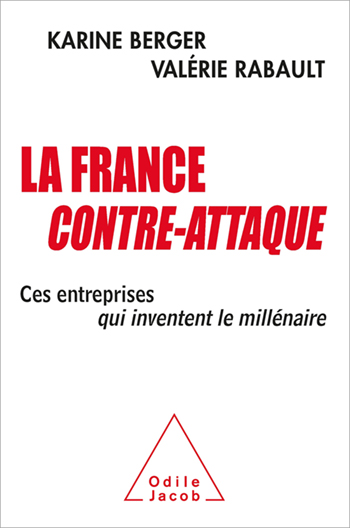
Karine Berger, Valérie Rabault
France Strikes Back For a More Competitive France
How can France recover its status as one of the world’s five most competitive nations?
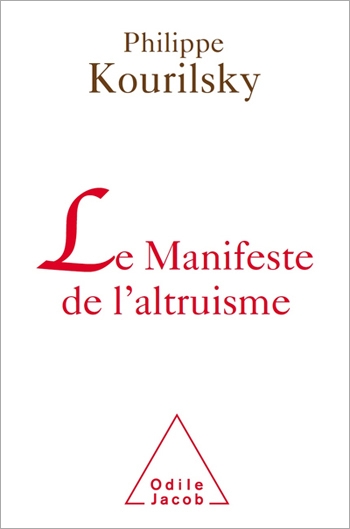
Philippe Kourilsky
The Manifesto Of Altruism
Only the duty of altruism, both personal and collective, will enable us to build a more just society
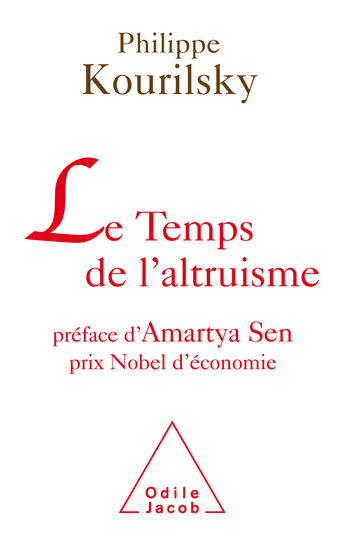
Philippe Kourilsky
The Time of the altruism
An eminent scientist tells us how to alter our thinking so that we can finally face the present global challenges with effective common actions.
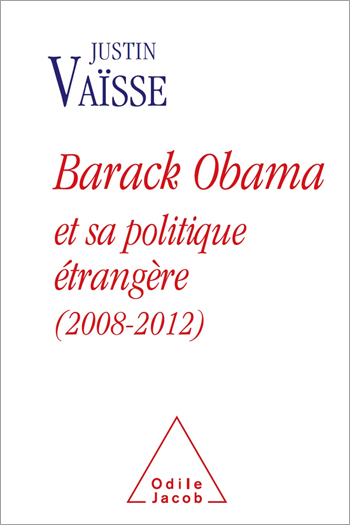
Justin Vaïsse
Barack Obama’s Foreign Policy (2008-2012)
In the run-up to the U.S. Presidential elections, an eminent specialist assesses the present administration
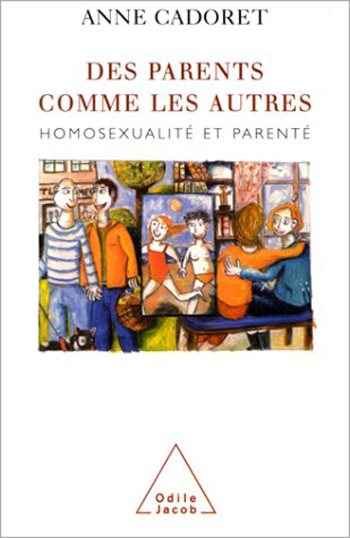
Anne Cadoret
Parents Like the Others Homosexuality and Parenting
There are numerous possible cases of homosexual parenting: How are these new types of family forged? What do homosexual parents seek? And what do they say about their experiences? Eschewing all ideological controversies, the author offers us an ethnological study of family structure which seriously calls into question the place of biology in parenthood and the identification of the parental with the conjugal couple. Anne Cadoret is a sociologist.
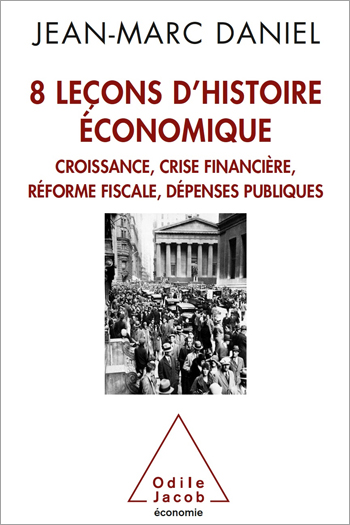
Jean-Marc Daniel
8 Lessons in Economic History
A masterly lesson in economics based on history and examples
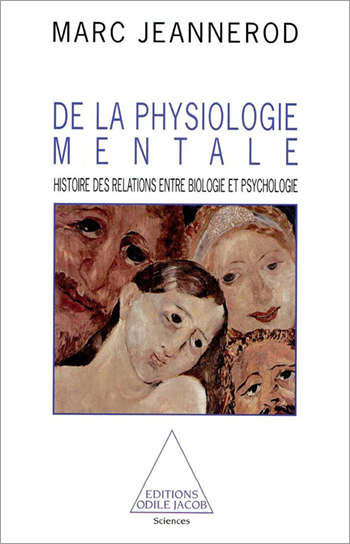
Marc Jeannerod
Of Mental Physiology A History of the Relationship Between Biology and Psychology
A relative newcomer to the world of science, psychology gives rise to a rivalry between two older siblings, philosophy and biology. This enduring conflict between materialism and spiritualism, which continues today in other forms, without adoubt was the driving force behind its progress. What we know today about the spirit is a result of this history. Biology and psychology have shaped each other in turn. This book represents a riveting study on how two centuries of spiritual quarrelling made possible the modern attempt to establish the inner workings of the mind. A professor of physiology at the Université Claude Bernard, Marc Jeannerod is also the director of an Inserm neurological research team in Lyon.
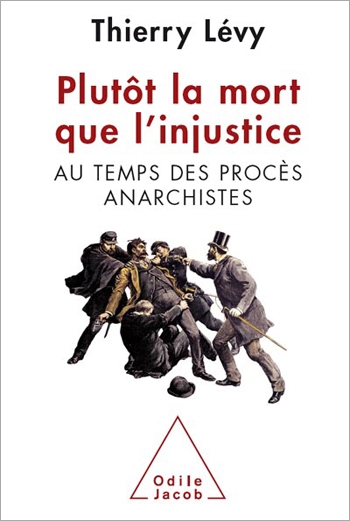
Thierry Lévy
Death Before Injustice The Era of Anarchist Trials
On 8 November 1892, a bomb went off in the staircase of a Paris police station. There was little doubt it had been the act of an anarchist...
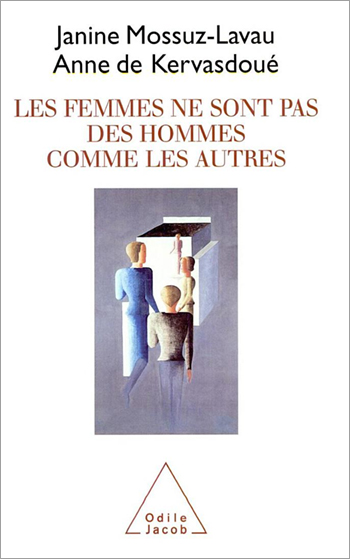
Janine Mossuz-Lavau, Anne de Kervasdoué
Women are Not Just Men
The changes which have come to be in the second half of the 20th century have taken women a long ways from the profile adopted by their mothers. Do all these transformations lead us to trace the portrait of a woman who has become a clone of men ? We can ask ourselves this question when we remember the arguments of feminists in the 70's employing the "egalitarian" themes of Simone de Beauvoir. More recently, some have gone so far as to announce the coming of an "androgynous" society. But what do the women and the men of this country think about all this ? How do women see themselves in relation to men ? How do they define themselves and how do they describe the men of their lives ? A very pointed realization of today's female identity. Janine Mossuz-Lavau is Director of Research at the CNRS.
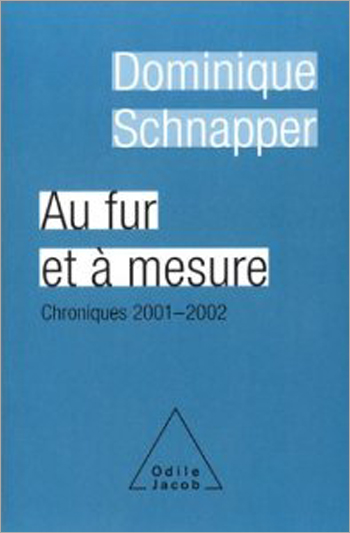
Dominique Schnapper
As Time Goes By A Chronical of 2001-2002
From a mythical meeting in the year 2000, to From our almost mythical appointment with the year 2000, to the presidential upheavals in 2003, this book presents the first expansive record of our entry into a new century. Through insightfully chronicling the passage of time, with both emotion and analysis, the author is able to present us with a picture of our contemporary world. Dominique Schnapper is a director of studies at the École des Hautes Études en Sciences Sociales.
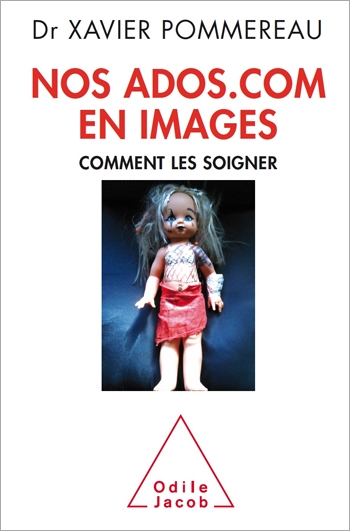
Xavier Pommereau
Teens.com Follow Their Progress
A new method to understand and treat troubled adolescents based on their own lifestyle
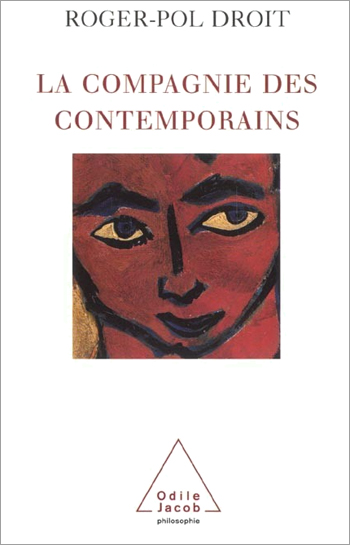
Roger-Pol Droit
The Company of Contemporaries
In this book, Droit reviews the works of some major contemporary thinkers: Bourdieu, Foucault, Girard, Habermas, Lévi-Strauss, Serres, and Vernant, among others. The interviews included here allow the reader to encounter biologists and sociologists, as well as anthropologists and psychoanalysts. Philosophers are well represented, but all the humanities have been included, and practically all major contemporary issues are considered, from bio-ethics to the end of history, from the construction of Europe to the rise of violence, from globalisation to the environment, from the development of science to political and religious extremism. Roger-Pol Droit is a philosopher and researcher at the Centre National de la Recherche Scientifique.
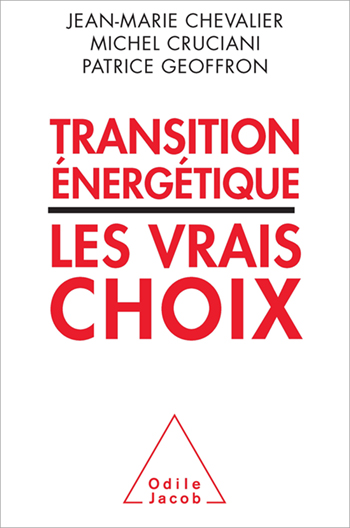
Jean-Marie Chevalier, Patrice Geoffron
Energy Transitions Making the Right Choices
French leaders need to make the right energy choices — if they don’t the current economic crisis will only become worse
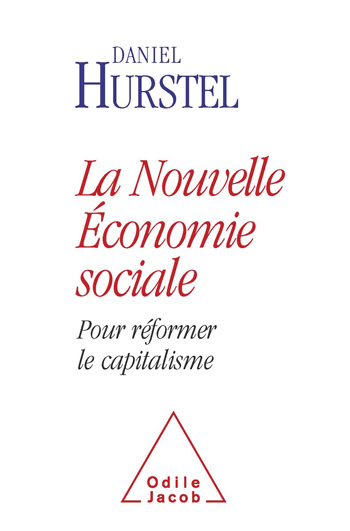
Daniel Hurstel
Socially Conscious Enterprises In Defence of Diversified Capitalism
The author argues that it is time to promote a new form of capitalism founded on socially conscious enterprises pursuing social goals though set up like other members of the business sector.
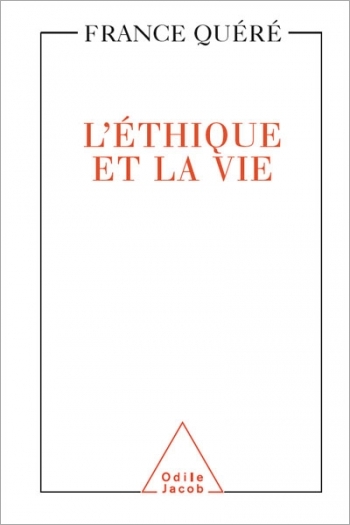
France Quéré
Ethics and Life
The recent advances in life sciences have modified our knowledge about the nature of man. Genetic engineering has given us a certain power over his future. Which principles must preside over artificial procreation and organ donation? How far can we allow genetic engineering and medical experimentations to go? What are the moral and ethical barriers of human science?

